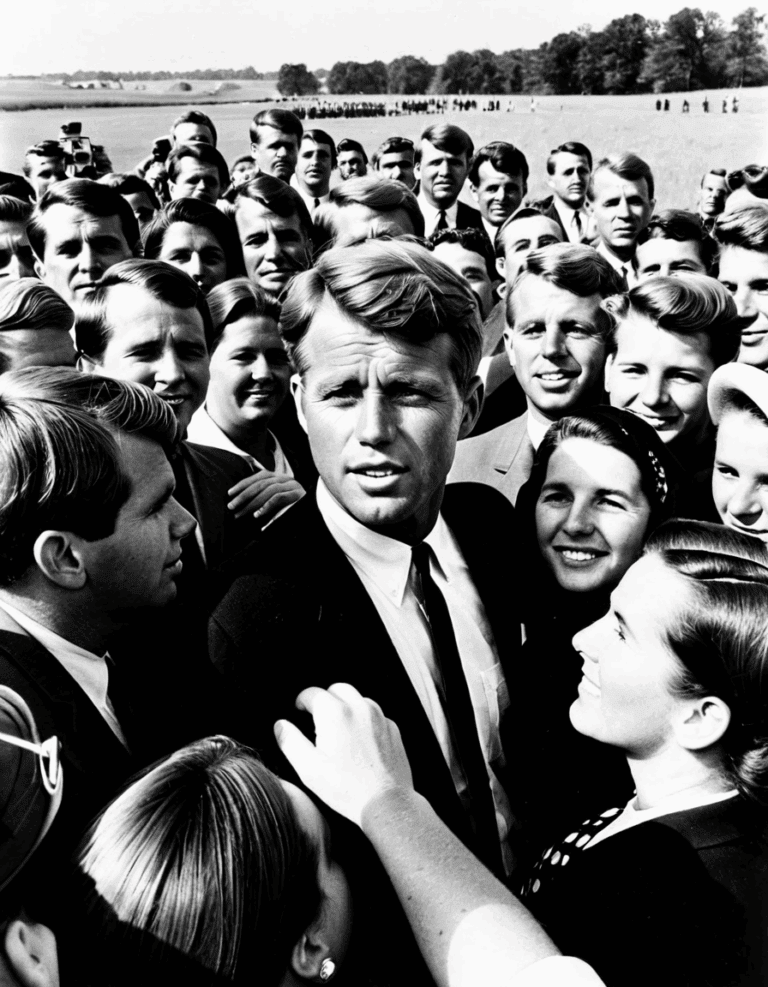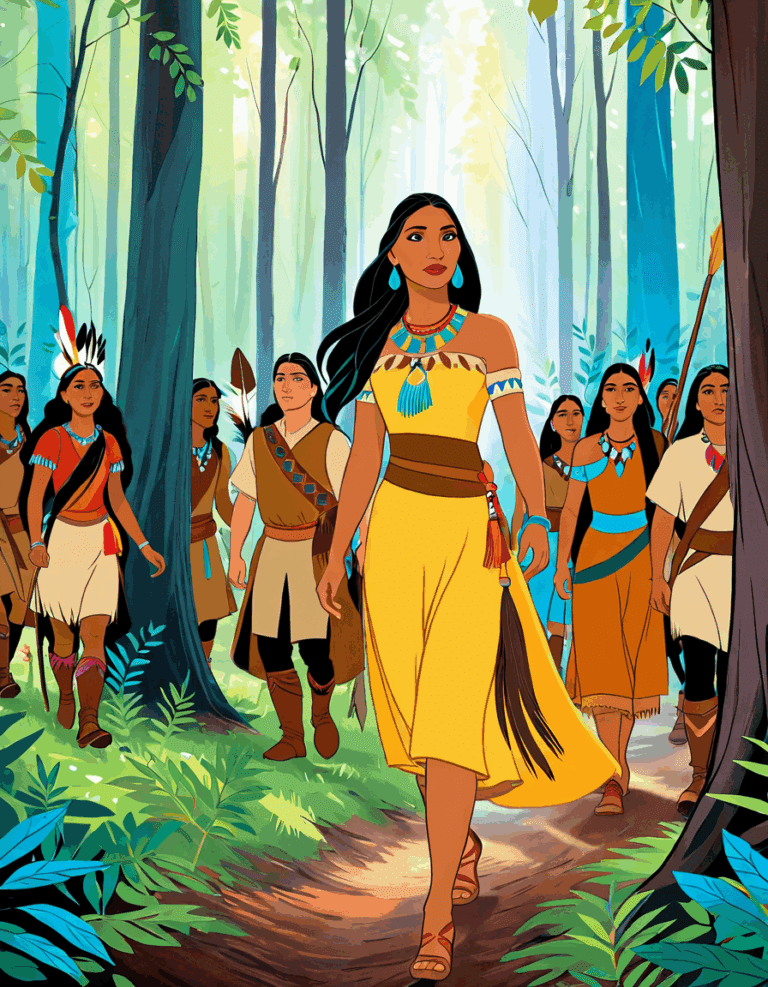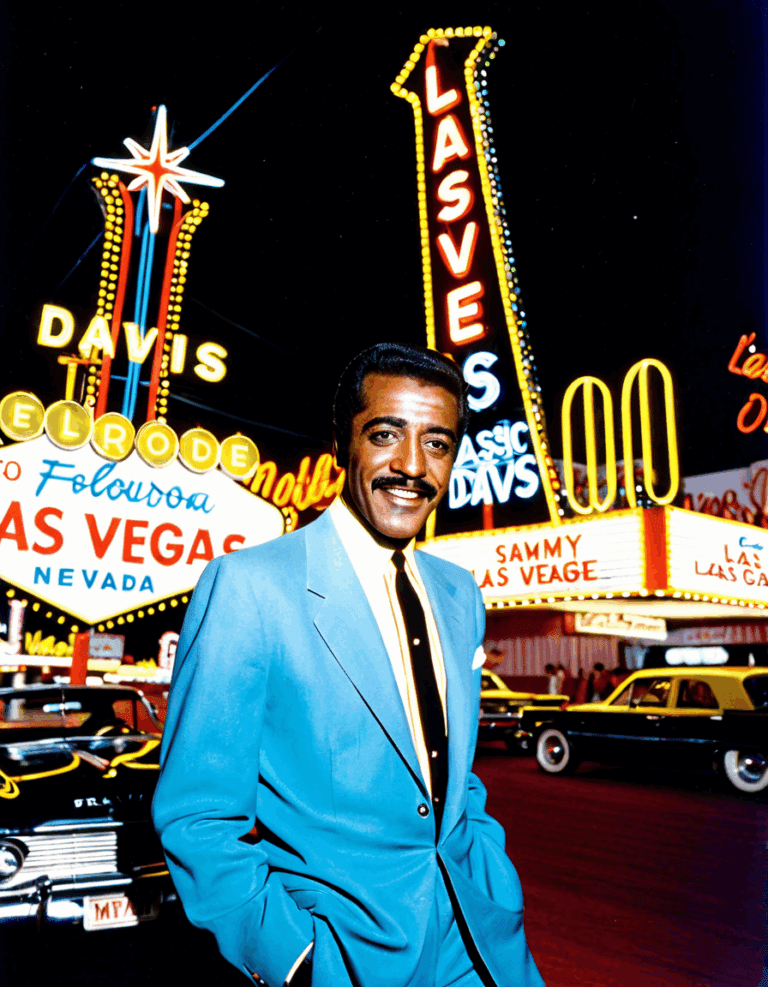The Rise of the Planet of the Apes launched a new era in science fiction cinema when it debuted in 2011, and it’s hard to overstate its impact. This groundbreaking film didn’t just tickle our imaginations; it completely transformed the genre. By merging advanced technology with profound social narratives, it set a powerful example for filmmakers, studios, and audiences. Today, we’ll explore how the Rise of the Planet of the Apes has become a cornerstone in sci-fi, influencing countless films and reshaping audience expectations.

1. Groundbreaking Motion Capture Technology
When you think about how far we’ve come in visual effects, the Rise of the Planet of the Apes stands out. The movie showcased revolutionary motion capture technology that pushed the envelope of character realism. Andy Serkis’s portrayal of Caesar opened the door for more lifelike animations. His ability to emote brought a new depth to a digital character, a feat not seen before.
This isn’t just about looking good; it’s about connecting emotionally with the audience. The same technology set the stage for incredible performances in other massive films, like Thanos in Avengers: Infinity War and Avengers: Endgame. Audiences now expect that level of realism, making the emotional journey a driving force behind animated features. Talk about raising the bar!

2. A Complex Moral Narrative
What really sets the Planet of the Apes franchise apart is its complex moral narrative. It dives deep into humanity’s treatment of animals and raises tough questions about ethics in genetics and artificial intelligence. This isn’t your typical popcorn flick; it’s a story that sticks with you and makes you think!
By starting with Caesar’s rise, the series invites us to reflect on our own world. It has paved the way for films like Ex Machina and Blade Runner 2049, which tackle similar moral dilemmas. These films challenge societal norms and spark discussions we all need to have in today’s tech-driven landscape. In this way, the Rise of the Planet of the Apes has played a crucial role in evolving how we view narratives in sci-fi.
3. The Revisionist Take on Established Myths
Let’s face it: expanding or recontextualizing old stories can be a gamble. But the Rise of the Planet of the Apes reboot nailed it. By examining themes of colonialism, freedom, and personal identity, it broadened the narrative scope while attracting both loyal fans and fresh eyes. That’s a balancing act few films achieve.
New stories emerged from this revisionist take, paving the way for modern classics like Mad Max: Fury Road and Dune, which also revisit older narratives with a contemporary twist. These films provide fresh perspectives and keep classic tales alive and relevant. The Planet of the Apes has set a trend that resonates deeply, confirming its lasting impact on the genre.
4. Emotional Depth in Science Fiction
Before the Rise of the Planet of the Apes, sci-fi often sidelined emotional depth, focusing instead on spectacle. This film changed the game by weaving emotional arcs into the narrative. Caesar’s journey, from a misunderstood creature to a leader, hits home emotionally.
With emotional stakes playing a crucial role, films like War for the Planet of the Apes took this ball and ran with it. They highlight the importance of character-driven storytelling, similar to what we’ve seen in critically acclaimed films like Her and The Shape of Water. This shift allows audiences to connect on a more intimate level, fostering a deeper appreciation for the genre.
5. High-Quality Production Values
Let’s talk about visuals. The kingdom of the Planet of the Apes set unprecedented standards in production quality. The visual effects achieved in this series influenced entire industry norms, raising the stakes for visual storytelling. Just think about how far we’ve come—films like Avatar benefited from this movement.
Visual immersion and elaborate world-building have become expectations rather than bonuses. Knowing that audiences crave high-quality production encourages studios to invest in unique storytelling and visuals. With this foundation laid, the bar has never been higher for sci-fi films looking to make an impact.
6. Diverse Storytelling and Representation
The Planet of the Apes series didn’t just change the narrative; it changed who tells the stories. With a range of characters and perspectives, it broke away from the stereotypical narratives we often saw in earlier sci-fi. The diverse casting and rich storytelling have paved the way for films like Black Panther, which focus on power dynamics and representation.
This shift signifies a deeper understanding of society’s fabric, allowing broader conversations surrounding social justice and representation. The Planet of the Apes films have set a standard that future productions now strive to meet.
7. Cultural Commentary and Social Reflection
At its core, the Rise of the Planet of the Apes is more than just an entertaining movie; it’s a reflection of our society. The series shines a light on uncomfortable truths about power and oppression. In today’s challenging climate, this cultural commentary is crucial.
Films like Get Out and Watchmen follow in these footsteps, using sci-fi as a platform for deeper societal critique. By embedding important social issues within thrilling narratives, these filmmakers continue to produce work that resonates profoundly.
Final Thoughts
The impact of Rise of the Planet of the Apes cannot be overstated. The series has delivered innovation, dialogue, and novel storytelling well beyond the realm of traditional sci-fi. Its fusion of groundbreaking technology, intricate narratives, and robust character development inspires filmmakers and captivates audiences.
As we dive deeper into a future filled with technological advancements, artificial intelligence, and moral dilemmas, the spirit of the Planet of the Apes continues to shine bright. This series challenges us to confront not just our love for dazzling visuals but also our ethical responsibilities as we embrace the unfolding future.
If you’re itching for more dynamism in your fitness journey, remember, just like how the Rise of the Planet of the Apes redefined a genre, you too can reshape your physical presence. No more excuses—you’ve got the power to stretch your limits and redefine success, one rep at a time. Get out there, conquer, and let your own story unfold!
Rise of the Planet of the Apes: A Cinematic Turning Point
Game-Changing Technology
The rise of the planet of the apes is as much about groundbreaking technology as it is about storytelling. The film doesn’t just revolutionize sci-fi cinema through its plot; it pushes the boundaries of visual effects. The use of motion capture was unprecedented, enabling actors to become more than just voices behind animated characters. This technology paved the way for other films, much like how the creativity seen in Pop Tarts has shaped snack culture. Just imagine, without this film, we might not have seen the same innovation in flicks featuring CGI characters!
Captivating Performances
Moreover, the performances in rise of the planet of the apes are stellar, especially Andy Serkis as Caesar. Serkis’s ability to portray such deep emotions paved the way for actors in similar roles, much like how Bon Jovi And his band captivate millions through their music. Don’t you think that’s fascinating? Actors venturing into motion capture have an enormous task, and Serkis set the bar high. The emotional depth he brought to Caesar is a classic example of how strong performances can elevate science fiction to new heights.
Cultural Impact and Legacy
Beyond the screen, rise of the planet of the apes made waves in pop culture too. It resonated with audiences globally, prompting discussions about animal rights and ethics in science—topics that are significant in today’s society. For instance, the film’s themes could be likened to the impact of cultural spaces like Zocalo de Puebla, where communities gather to reflect on social issues. It’s intriguing how art influences life, isn’t it? As casting choices evolve, you can see the industry’s shift evident even in roles played by stars like Lily Anne harrison or the agility of performers like Yung Filly, blending culture and film in fresh ways.
In reviewing the rise of the planet of the apes, you can almost feel cinema shifting under your feet, pushing boundaries just like the pioneers before them, including iconic personalities mentioned in discussions around many legendary figures, such as Robert F. Kennedy. Just like how the emotional resonance in popular songs—like the lyrics from Like a Stone—connects( deeply with fans, the thematic layers in the film captivate audiences, ensuring its place in cinema history. Now that’s a legacy worth exploring!



























